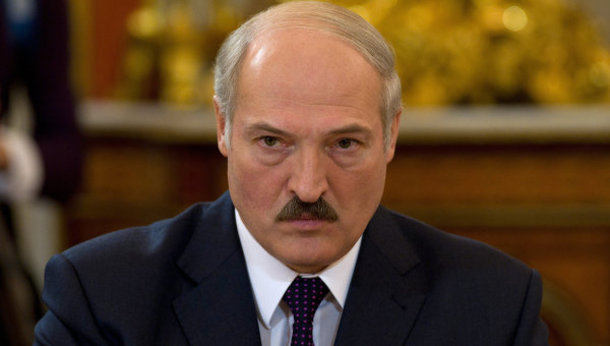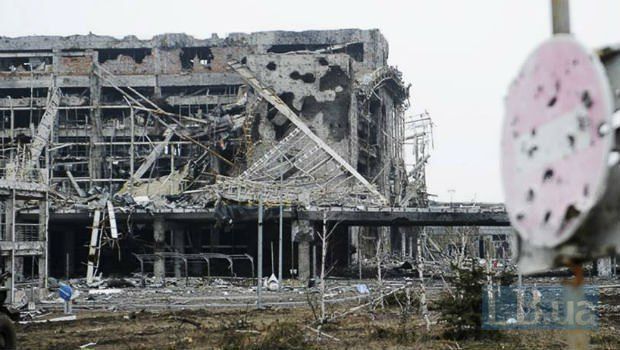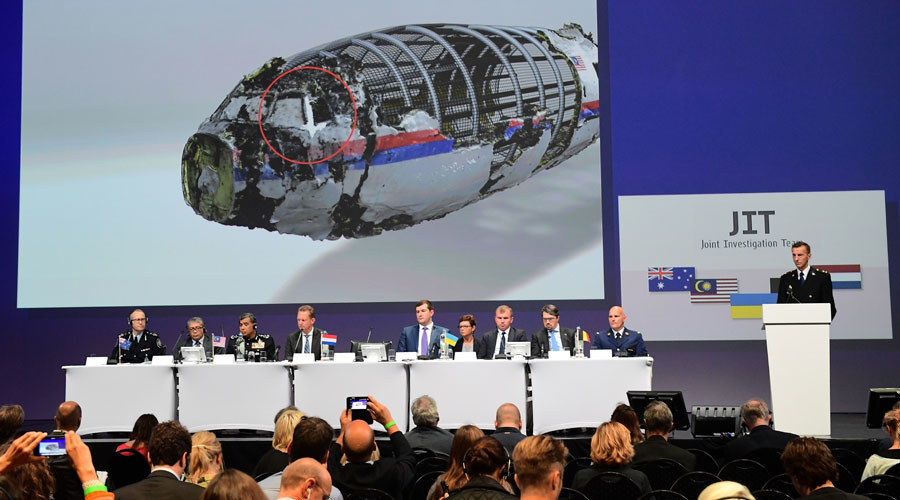by Taras Panio
The decision by Ukraine's President Petro Poroshenko to begin negotiations with the separatists in Belarus, which was announced last night and accepted within a dozen hours, was somewhat expected.
The trilateral contact group has long sought a location for the negotiations, preferably a place where one party would not have to worry about being arrested at any moment and the other of being taken hostage or accidentally struck by rocket fire by its own people.
The minimal goals for the negotiations in Minsk have been declared -- the release of 168 hostages and access by international experts to the crash site of the Malaysian airliner. What the Ukrainian side plans to offer the separatist in return, or course, has not been made public. However, the "Donetsk side" cannot expect especially generous concessions. The crash site area, even without concessions, may come under the control of ATO forces in a few days, and it is better to give up the hostages -- especially the injured ones -- while they are still alive. At the risk of sounding cynical, it is a question of not allowing the hostages to be transformed from a bargaining chip to a reason for additional criminal proceedings and increased prison terms.
Although it is purely hypothetical, it is possible to imagine that Belarus will become not only a terrain for the exchange of prisoners but something more substantial in resolving the conflict. The separatists -- at least the more rational ones -- understand that their cause appears to be lost and that a full-scale Russian invasion of Ukraine in all likelihood will not take place. In this situation, it is logical to look for ways to escape more or less in one piece. Given that Russia is not ready to welcome its faithful sons back home -- except for a few high-ranking campaigners -- the salvation of those who are drowning becomes the problem of the drowning men themselves. And here an acceptable option could be internment in Belarus, from whence the former supporters of separatism could eventually return home more of less legally. It is difficult to say to what extent such an idea would appeal to the president of Belarus, but with financial conditions, for example a bonus -- either from the Russian or EU side -- he probably would agree to build a few camps for the detention of the interned soldiers. The Russians would be removed eventually and the needed infrastructure, of course, would remain.
Such a meeting clearly would be beneficial for the Belarusian president. Eternal supplicant for Russia, and a dictator-freak for Europe, Aliaksandr Lukashenka would be transformed into a regional leader who, whatever one may say, supposedly contributes to solving serious problems among his neighbors. Furthermore, he somehow discovers certain trump cards in his dialogue both with the EU and Russia. And his only price -- at least for now -- would be the opportunity to speak with the memorable Leonid Kuchma, to vouch for his old acquaintance Mikhail Zubarov (Russian ambassador to Ukraine -- Ed.) and take a look at two or three "unknown animals" from the "Donetsk People's Republic" zoo.
In general, similar negotiations are beneficial for Ukraine. As long as the antiterrorist operation continues and the ATO troops try to clean out the separatists as much as possible, using all available means, including tactical rockets, the diplomats will be able to demonstrate Ukraine's willingness to negotiate, to enable the transparent investigation of the Malaysia Airlines crash, and to obtain the release of at least some of the hostages.
The only party that may not like the possible trade-offs in Minsk is Russia. It seems that in the Kremlin a decision has really been made that the "Orthodox army" of Girkin is supposed to perish heroically -- with maximum losses to Ukraine. And to permit the "Khokhols" (Russian derogatory name for Ukrainians -- Ed.) and "potato-eaters" to defeat this plan would not be very sporting. Therefore, it is likely that comrade Strelkov-Girkin will have to switch from his war against swearing in the ranks of the militants*, to which he devoted the last several days, to other, less God-pleasing matters. For example, the struggle with potential deserters. Unless, of course, some more or less random bullet interrupts the earthly path of this embodiment of the valor of the Russian officer.
* Strelkov banned swearing among his troops since "foul words do not have a Russian origin and were used by Russia's enemies to desecrate holy places." -- Ed.
Translated by Anna Mostovych





